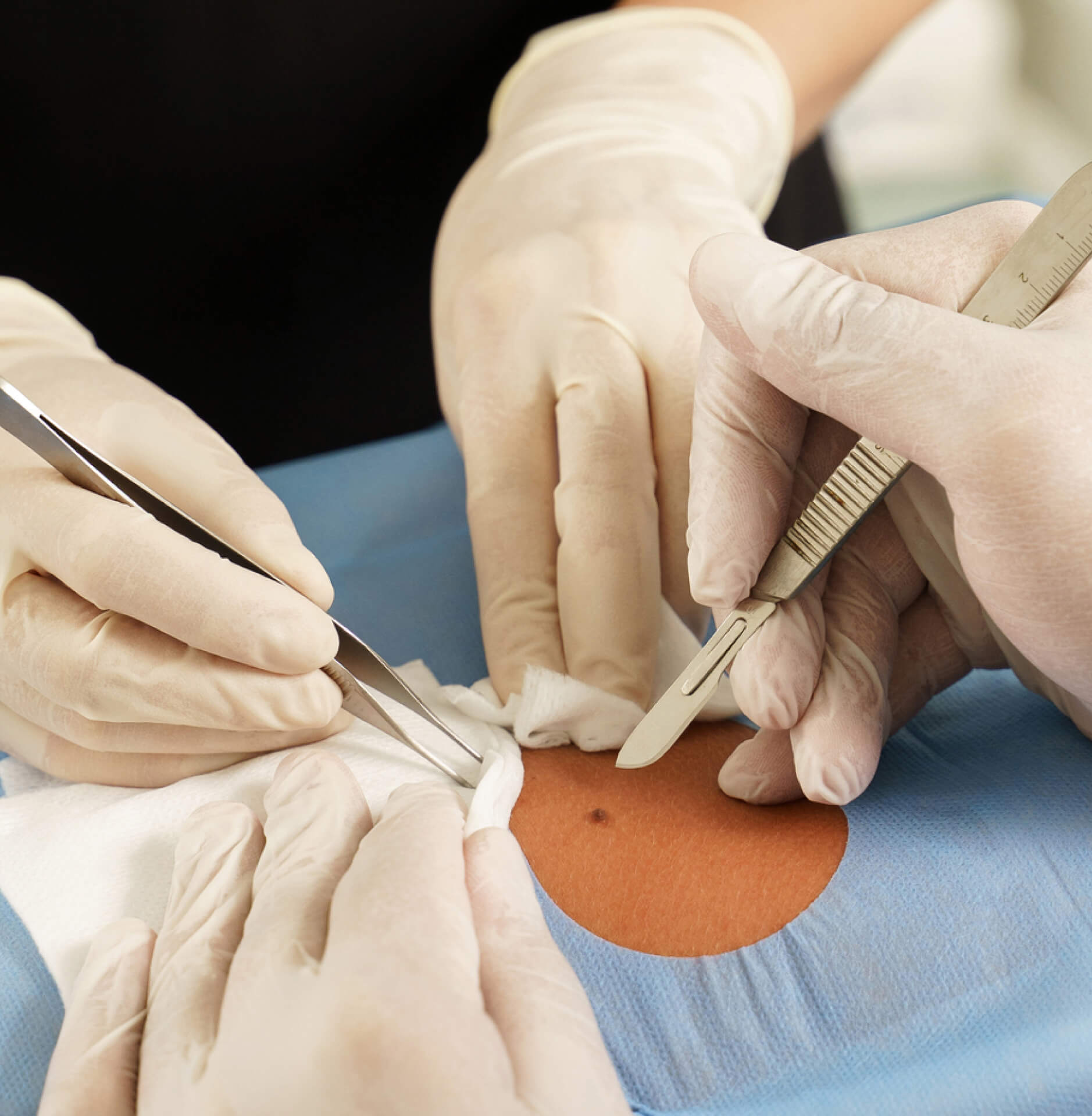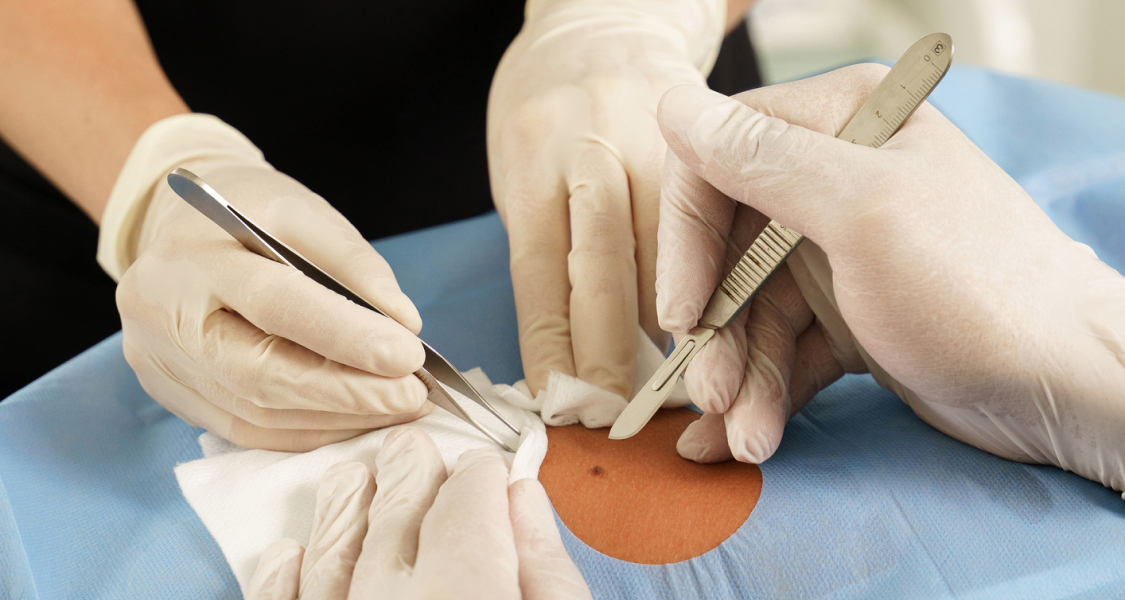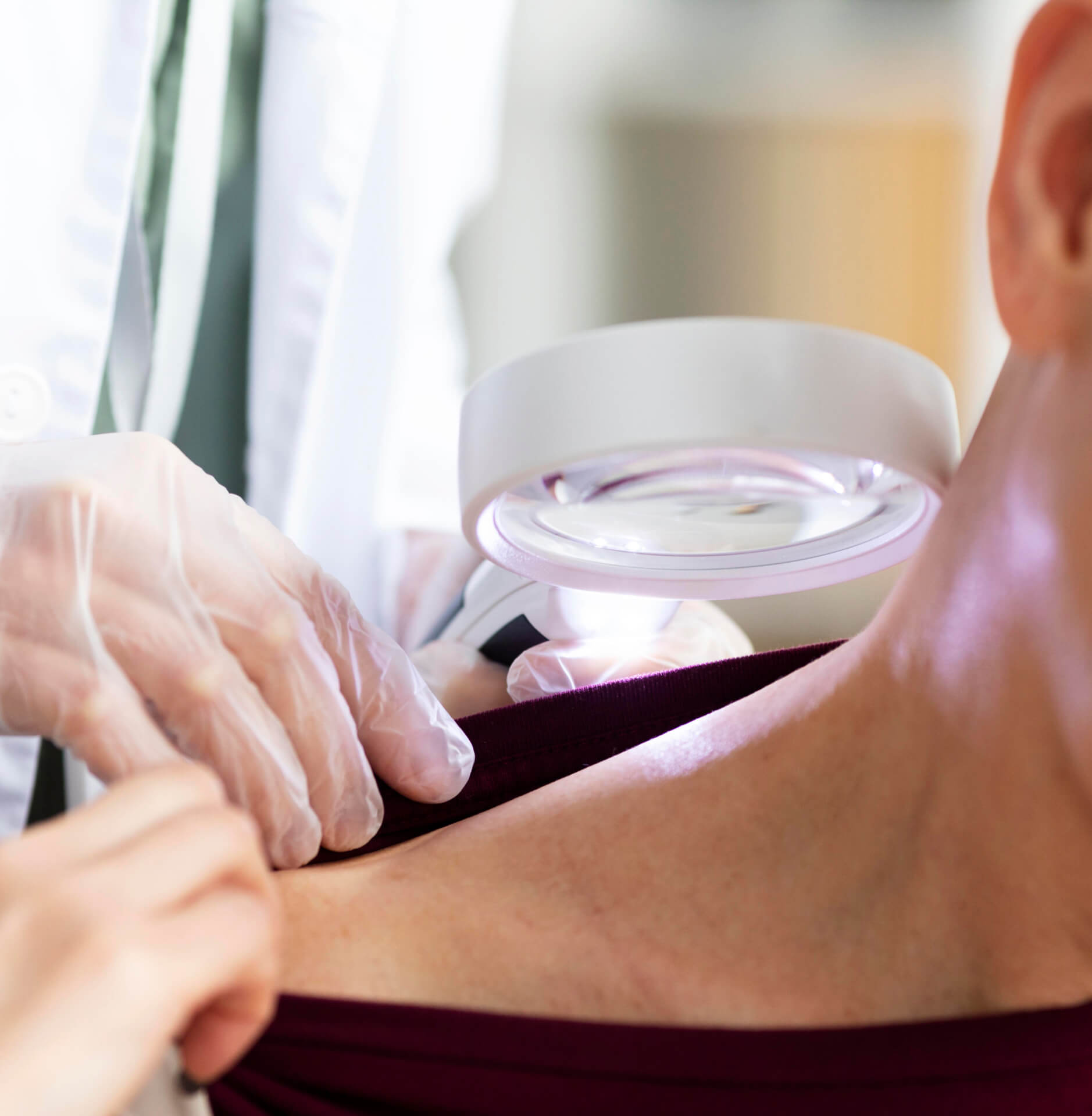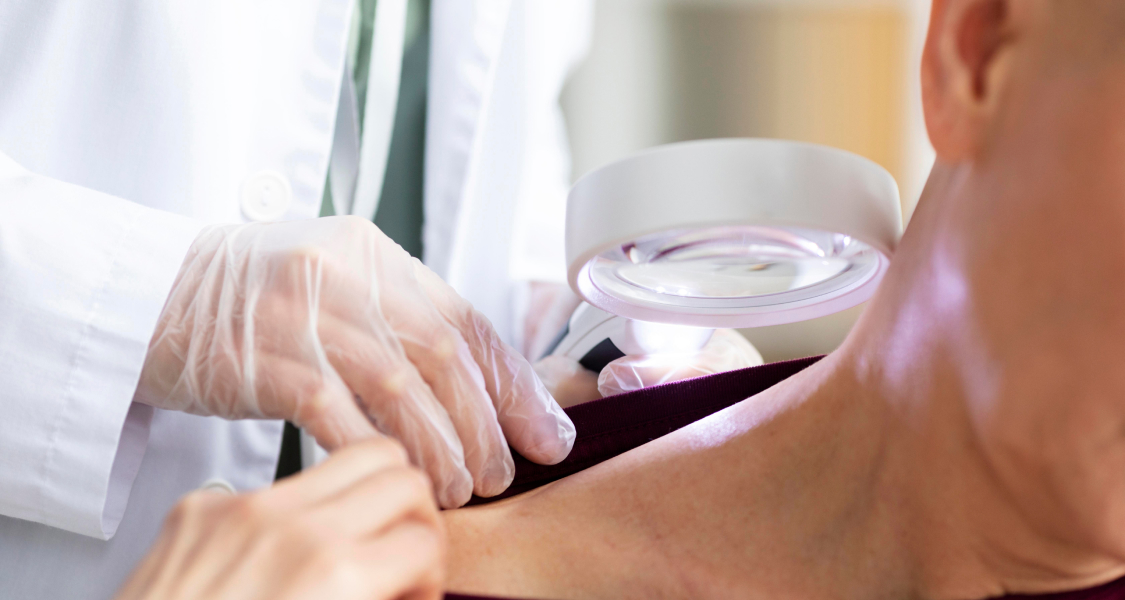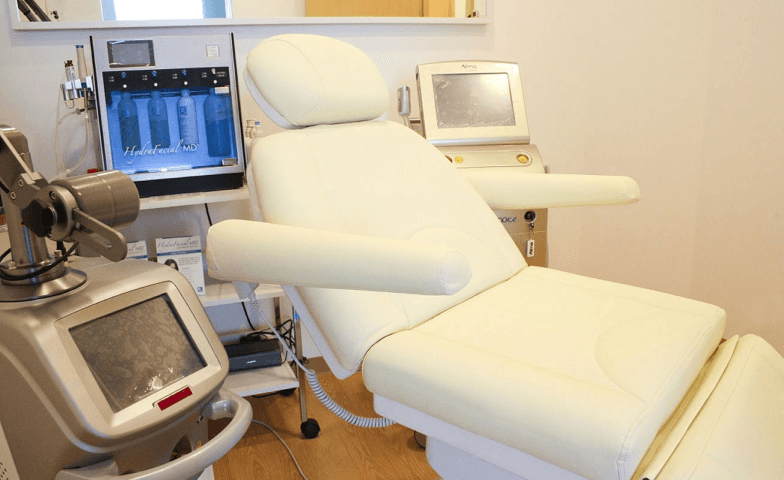Possible Risks And Complications Of A Skin Surgery
Before undergoing skin surgery, it is important to know that there are possible risks and complications that may happen just like in any other surgery.
-
Scarring
Scarring is common in any surgery. To help lighten scars, patients may use prescribed topical silicone gel, petroleum-based ointments, or a vitamin A derivative topical ointment.
-
Infection
Signs of infection include swelling, redness, tenderness, and pus discharge. Sometimes, an antibiotic medication after a procedure is prescribed to help prevent an infection from occurring at the surgical site.
-
Bleeding
To control the bleeding at the surgical site, chemicals such as aluminum chloride hexahydrate can be applied to the wound or electrocautery can be used.
-
Recurrence
Even after the removal of the lesion, sometimes it can still grow back.
-
Nerve damage
Although usually not permanent, it is possible for some nerves to get damaged or be affected by the procedure, therefore, causing numbness.
-
Keloid formation
A keloid is an unusually raised scar that grows beyond the borders of the wound site.
